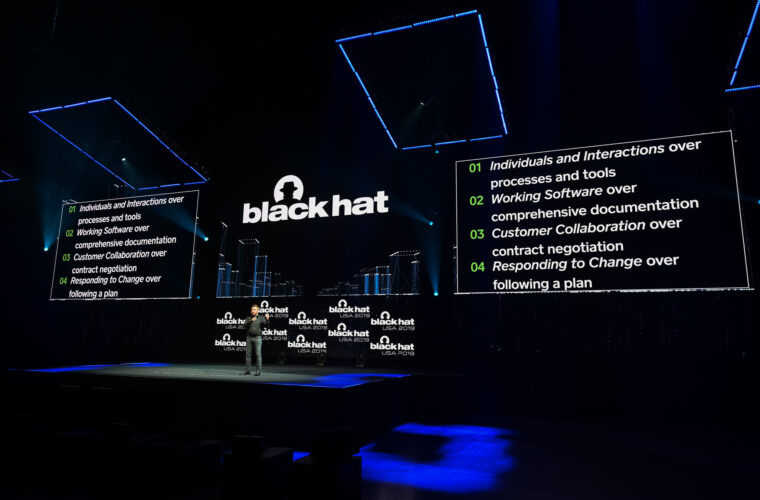Europe boasts a thriving and diverse ecosystem of cybersecurity companies, according to recent industry research. European Champions Alliance (ECA) released the second edition of its Cybersecurity Scale-up Mapping 2020 on the 8th of December. The study highlights the capacity of European cybersecurity companies to compete with the most powerful technology players in the world.
The aim of sectorial mapping is to identify, evaluate, and categorise important companies within the sector. In doing so, ECA hopes to promote Europe’s unique cybersecurity offering, connect relevant stakeholders, and raise awareness with potential buyers.
“The ECA cybersecurity mapping highlights the diversity and the continuous dynamics in the delivery of top-edge cybersecurity technologies by European players,” said Matthieu Bonenfant, the CMO of protection software company Stormshield.
The study represents a “single pane of glass to showcase this wealth” and promote European cybersecurity solutions, Bonenfant said.
The sample considered around 440 companies, placing 144 that met the criteria on the map.
The focus was on scale-ups, start-ups that had matured to the growth stage of development — of which 96 were included. These companies had to have a market presence of 5 to 15 years with a turnover of €5-10 million, a footprint of between 40 and 150 people, and venture capital (VC) investment greater than €5 million.
There were also 48 companies included on the Watchlist, start-ups to watch as future champions, or that have front-running technology solutions. To be included, these companies required a market presence of between 1 and 10 years, turnover of around €1 million, with 15 to 40 employees and VC investment greater than €1 million.
The geographic focus of the mapping was largely on France and Germany, which possessed 81 and 58 of the companies on the map respectively. ECA aims to continue to expand the scope of future mapping beyond the current pool of France, Germany, Austria, Switzerland, the UK, and the Netherlands.

Under the shadow of GAFAM
According to Elmar Eperiesi-Beck, European cybersecurity companies can struggle with visibility due to the dominant market positions of the so-called GAFAM companies — Google, Apple, Facebook, Amazon, and Microsoft.
There are numerous European companies with highly innovative ideas and products, but their voices are simply not loud enough to rise above the “multi-million-dollar marketing machinery of GAFAM,” said Eperiesi-Beck, who is the founder and CEO of German software company eperi.
American companies do not place the same weight of importance on issues of privacy, the CEO said. In the European Union, the General Data Protection Regulation puts strict controls on how personal data can be used by companies, and compliance with the legislation is still not yet universally understood in the sector, Eperiesi-Beck suggested.
European companies pursue the letter and the spirit of this regulation in a way that companies from the United States are not able to, he said. The “Darwinian” competition in the EU market is another key advantage over the monopolistic tendencies of American players, he added.
A sovereign matter
With cyber-attacks on the rise, cybersecurity is increasingly a national concern. Just last week, the United States Department of Commerce, along with major global companies, announced that it had fallen prey to a sophisticated and wide-reaching intrusion by suspected Russian hackers — damage expected to take cyber forensic teams months to disentangle fully.
In France, the month of November proved to be a particularly busy one for ransomware, with more than 30 known cyberattacks, according to Valéry Marchive, editor-in-chief at cyber magazine LeMagIT.frf
Europe must maintain its sovereignty and freedom of action to deter cyber criminals, rogue states, and greed-driven monopolies, argued Mark Forrest, co-CEO of Cryptshare. If it fails to do so, other entities will ultimately determine “not just our economic future but how our society evolves,” he said.
“In a context of open cyber war between geo blocks, Europe cannot rely on non-sovereign solutions,” argued Luc D’Urso, CEO of Atempo.Wooxo.
Europe needs sovereignty on cybersecurity to protect its public services, vital and essential service providers, and strategic information, D’Urso added.
While cyber espionage receives more significant media attention, it accounts for around 10% of digital security breaches. The majority of attacks — 86% — are still financially motivated, according to a data breach investigation report by Verizon.



